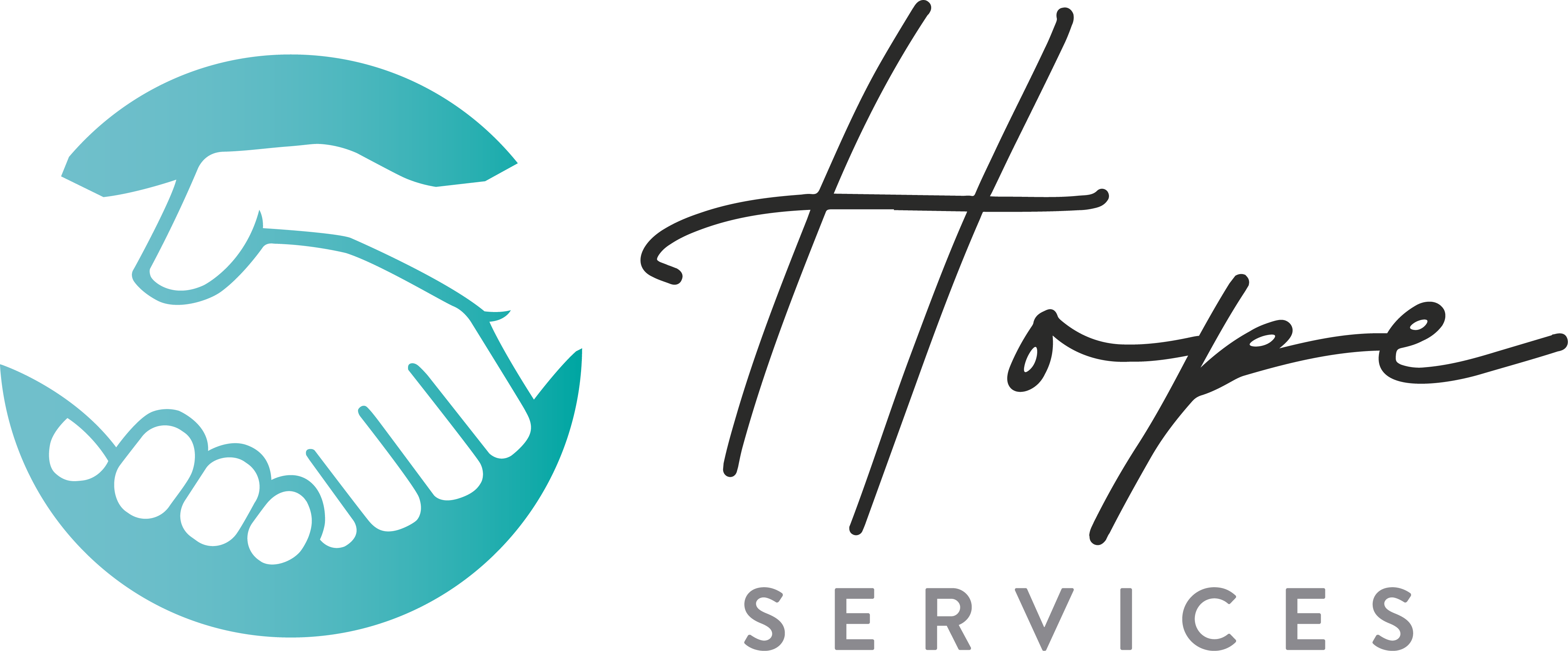Why is it so important to learn work readiness?
Over the decades, our society has improved by leaps and bounds in both understanding disabilities and how to maximize life’s potential while living with a disability. Since 2003, Hope Services has helped introduce people living with disabilities and employers who value their potential, ultimately empowering job seekers to find satisfying employment in a place where they will thrive. In fact, many employers across the United States are looking to hire personnel who will be a great fit for their environment whether or not that individual lives with a disability.
One of the ways that Hope Services has helped hundreds of individuals living with disabilities find job placement is by preparing them for work readiness and equipping them for success once they are hired. But why is it so important to learn “work readiness?” Here are three different reasons why.
1. “Disabilities” do not overshadow potential.
First of all, it must be stated that if an individual lives with a disability, that does not disqualify them from finding purpose and potential as an employee. Aside from the reality that the category of “disabilities” spans from physical limitations to cognizant (all with varying levels), many times a job requirement will not be impeded whatsoever by whatever limitation an individual might have. Work readiness often begins with the right mindset, so it is important when preparing to find a job to have the perspective that the career field is ripe with opportunity.
2. Potential must be seen by both the employer
No employer is a mind reader or fortune teller. They have to make decisions based upon what they know and can see for themselves. Work Readiness helps individuals self-advocate for themselves to clearly present themselves as a valuable asset to join the team. To maximize the chances of a job interview and even job placement, candidates must be able to communicate why and how they can contribute. Some of this is how a resumé is built; some through the soft skills of verbal and nonverbal communication; some is even how an individual navigates the day to day operations once hired.
3. It can become easy to assume that our students know the basic things when it comes to job searching
First impressions are everything. From resumés to interviews to even personal hygiene. For employers, they expect a standard of professionalism from the very beginning. It can be easy to assume that certain soft skills are common knowledge as students enter the job market. But success shouldn’t always be learned through trial and error–you can make sure that your student is fully prepared to stand out because they understand what the employer expects.
For years, this Work Readiness training has been taught by our experts at Hope Services. We are excited to announce that individuals can now take our Work Readiness training online! We’ve developed six different modules that are geared to teach self-advocacy, job search skills, plus social and soft skills. With each completed module is a certificate of completion that can be printed and included alongside a resumé.
You can learn more about our Work Readiness Pre-Placement Training by clicking here.



